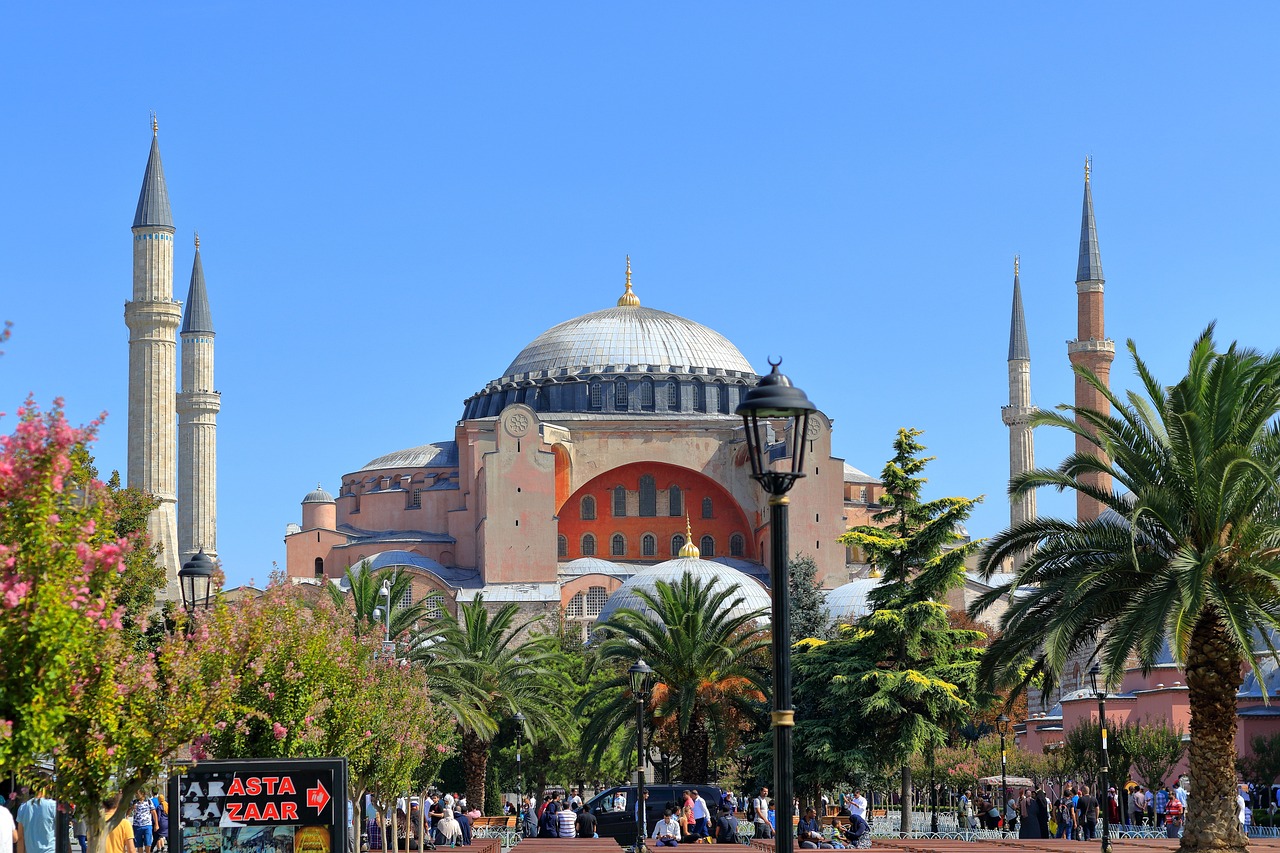On 14th May, Türkiye (earlier: Turkey) held elections for its government for the next five years.
The current President, Mr. Recep Tayyip Erdogan (of the AK Party, aka AKP) , has held power for two decades (twenty years).
In the 14th May election, he got 49.5% votes, just short of an absolute majority.
His main opponent, Mr. Kemal Kilicdarogru (of the CH Party, aka CHP), got 44.9%.
On Monday, 22nd May, the third-place candidate, Mr. Sinan Ogan, announced his support for Mr. Erdogan.

Because neither candidate could get a majority, the country voted once more – on 28th May, 2023.
In this election (called the run-off elections), Mr. Erdogan emerged as the winner. He got 52.14% of the total votes, while Mr. Kilicdarogru got 47.86%.
The Policies of Mr. Erdogan

Mr. Erdogan has made the following main changes:
A. The country moved from a parliamentary system to a presidential system in 2018.
B. Turkiye became a more Islamic state. Earlier, it was a secular country where Islam, though the predominant religion, was not part of public policy making. Today, in spite of the fact that India was among the first countries to extend support when a massive earthquake hit recently, Turkiye boycotted the G20 meeting held in Kashmir.
C. Interest rates were lowered. This led to high inflation. The Turkish currency, the Turkish Lira, was a 4.5 Lira to a US Dollar on 8th June 2018. On 7th June 2019, it was 5.4 Lira to a USD.
Today, it is 20 Lira to a US dollar.
D. Immigrants – Like the rest of Europe, Turkey also welcomed immigrants from Syria and other middle eastern countries. Now, however, Turkey has started talking about returning about a million Syrians to their homes, offering to build homes for them in Northern Syria.
E. Earthquake Relief – Mr. Erdogan admitted that aid work after the earthquake was not as efficient and speedy as it should have been.
With this win, Mr. Erdogan has become the longest-serving leader of Turkey. He celebrated his win by attending the evening prayers at the Hagia Sophia.

